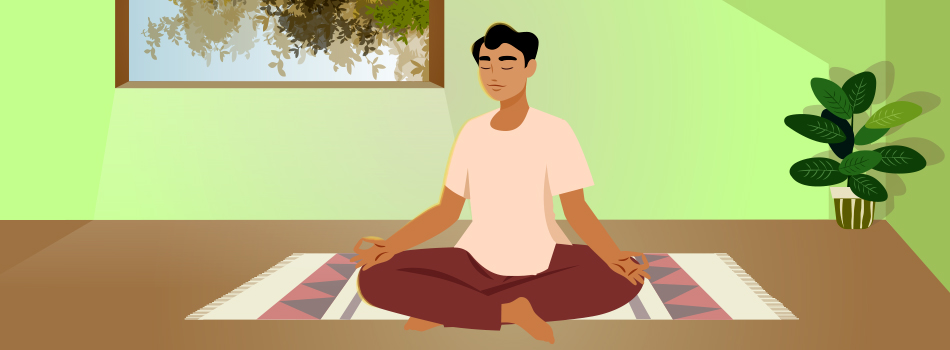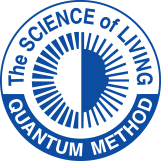
Gratitude is Good medicine
published : 19 October 2023
If there were a magic pill that promised to improve your heart health ( increase good cholesterol, HDL, and lower bad cholesterol, LDL), improve kidney health, lower blood pressure, relieve chronic aches and pain, boost your immune system, reduce stress, anxiety, depression, and other mood disorders, help you sleep better, even improve your relationships, would you take it?
Although it may not come in the form of a “pill” but it is possible to achieve all those benefits and so much more through a simple daily practice: it is a habit, a mindset, a habit, called Gratitude. Professor Robert Emmons at the University of California-Davis is the leading scientific expert on the Science of Gratitude! In his published books, Gratitude works!: A 21-Day Program for Creating Emotional Prosperity, and Thanks! How the New Science of Gratitude Can Make You Happier, says gratitude can positively impact every aspect of one’s physical, mental, social, and spiritual well-being.
Gratitude is to see the rainbow in the rain
Gratitude, though one of the most positive emotions one can experience, is more than just an emotion. It is a habit, a mindset that needs to be adopted in everyday life. It is the ability to focus on the “good” amongst the bad, the joy despite the “sorrows”, and success despite the “failures”. It's easy to be grateful when things are going well, but gratitude is most needed when things are not at their best. Practicing gratitude doesn't mean ignoring the problems but perting attention away from the negatives and choosing to focus on the positive aspects. In doing so, it builds resilience that is necessary to cope with life’s disappointments that are inevitable at times.
Gratitude improves your heart health, slows down aging, and incresaes happiness!
According to recent research, when we express gratitude our brain releases a powerful hormone called oxytocin. Oxytocin aids in expanding the blood vessels, thus helping to reduce blood pressure, thereby protecting the heart. Oxytocin is also a powerful natural painkiller. Studies show that those who practice gratitude daily experience fewer aches and pains. Even when they do experience it, they can recover from it much faster.
Oxytocin is also known as the “love hormone” and has the power to regulate our emotional responses and pro-social behaviors such as trust, empathy, and bonding with others.
In addition to oxytocin, our brain also releases serotonin and dopamine, and together this trio of neurotransmitters is known as the “happy hormone”. They work together to enhance our mood and make us feel good from the inside. Studies have also revealed that those who practice gratitude daily have a lower level of cortisol, a stress hormone, which allows them to feel more relaxed and peaceful.
Practicing gratitude on a daily basis can result in the deceleration of the neuro-degeneration effect that occurs with aging and can even lower levels of creatinine, an indicator of the kidney’s ability to filter waste from the bloodstream. It also lowers the level of C-reactive protein, a marker of cardiac inflammation and heart disease.
Case Study: How Practicing gratitude improved Anna’s health and well-being
Anna had recently lost her father to cancer. Before she could grapple with the loss of her father, her husband suddenly died of a heart attack. She had to sell her home, take on a new job and move in with her elderly ailing mother. All of these life events had taken a toll on Anna’s health and she started experiencing aches and pain throughout her body which almost made it debilitating to continue working.
Anna found it difficult to see the light at the end of the tunnel and felt hopeless that she would ever feel happy again. After several sessions of physical therapy, when asked how she was feeling, she responded: “terrible, as usual”. Then when asked “How are you sleeping at night? she responded “ I have been sleeping more than before”. She was then asked “How is your back pain? She responded, “ I couldn’t stand more than 10 minutes before but yesterday I went shopping and walked around for more than 30 minutes before needing to sit down”.
Anna was then assigned to keep a gratitude journal, where each day she would write at least 3 things about her health that she was thankful for, about at least 1 person she feels blessed to have in her life, and about at least 1 thing she is grateful for overall in her life.
Writing is an important component of the Gratitude practice because it gives permanence to the thoughts and emotions experienced and allows one to return to them, re-read them and reflect on the things that one is and was grateful for. In the coming weeks, Anna experienced a tremendous change in her moods and behavior following this method. She began to find joy in her life again and started to take an interest in things she used to enjoy before. Soon she was able to make a full recovery from her chronic aches and pains.
Much like Anna, when we are experiencing tremendous grief, disappointment, or challenges in life, we tend to focus all of our attention on the sufferings, or what's “missing” so much so that we forget to reflect and celebrate the other big or small blessings that life is showering us as well. This essentially is the root cause of our unhappiness, and sufferings and our inability to heal from even minor diseases that should’ve resolved in days or weeks.
So, The next time you are faced with adversity or disappointment ask yourself the following questions:
- “What can I learn from this?”
- “How can I benefit from this?”
- “What about this situation I can be grateful for?”
How often should you practice gratitude?
Just as you’d take that magic pill daily if it existed- gratitude, too should be practiced daily.
We all want a happy life. A cushy job, a perfect family, financial stability, good health, and a great social life. And in this indefinite pursuit of happiness that is mostly like a mirage, it is important to take a moment to reflect and be thankful for what we already have at this very moment. So at the end of each day, take a pen and piece of paper and give yourself at least 5 minutes to do any of the following exercises:
How to practice gratitude :
- Gratitude journal : Identify and write 3-5 things in your life that you are thankful for. Whenever you are feeling down, go back and read what you have written to remind yourself of all the good things you are blessed with.
- Gratitude Jar : Each day write on a small piece of paper things you are grateful for and drop them in the jar. If you ever find yourself in a position where you can not think of even one thing to be grateful for, reach into your jar, take the pieces out, read them, and be reminded of the many blessings you have.
- Remember the bad : To be grateful in your current state, it is helpful to remember the hardship you’ve faced in the past and how you’ve overcome it.
- Meditation : Meditate on your relationships with your parents, friends, siblings, work associates, children, and partners using these three questions: “What have I received from __?”, “What have I given to __?”, and “What troubles and difficulties have I caused?” Answering these questions will help put things in perspective and remind yourself of your blessings.

















